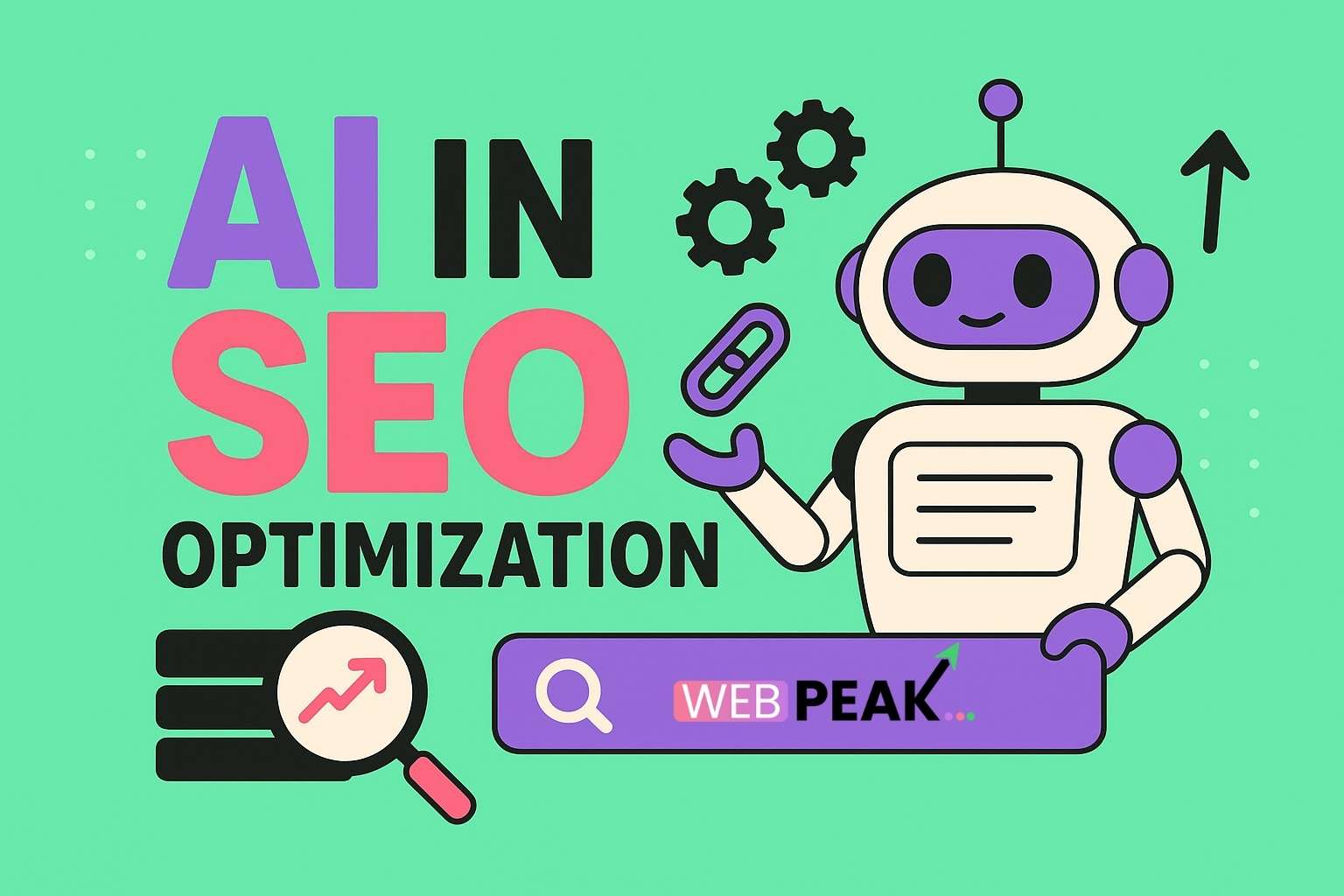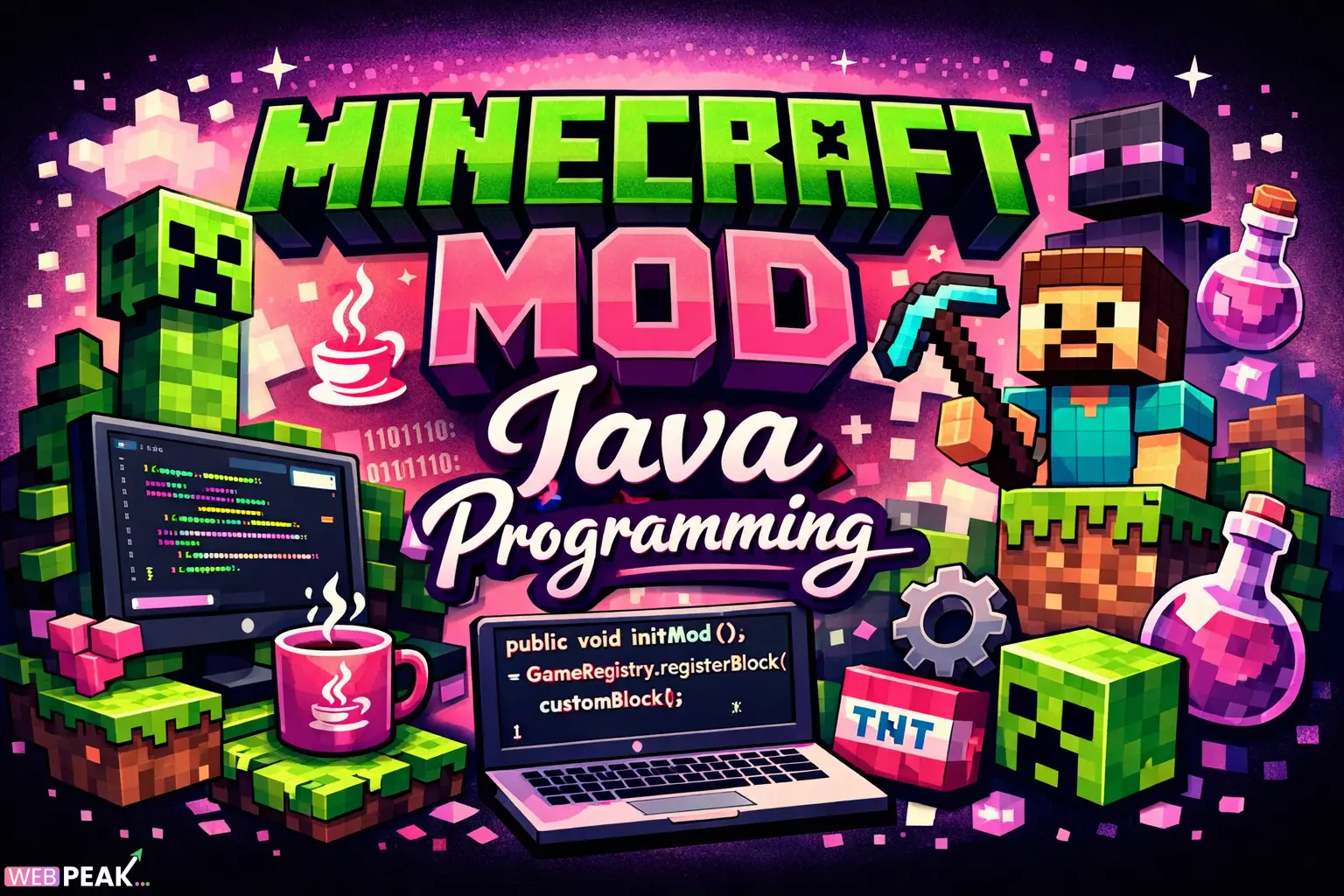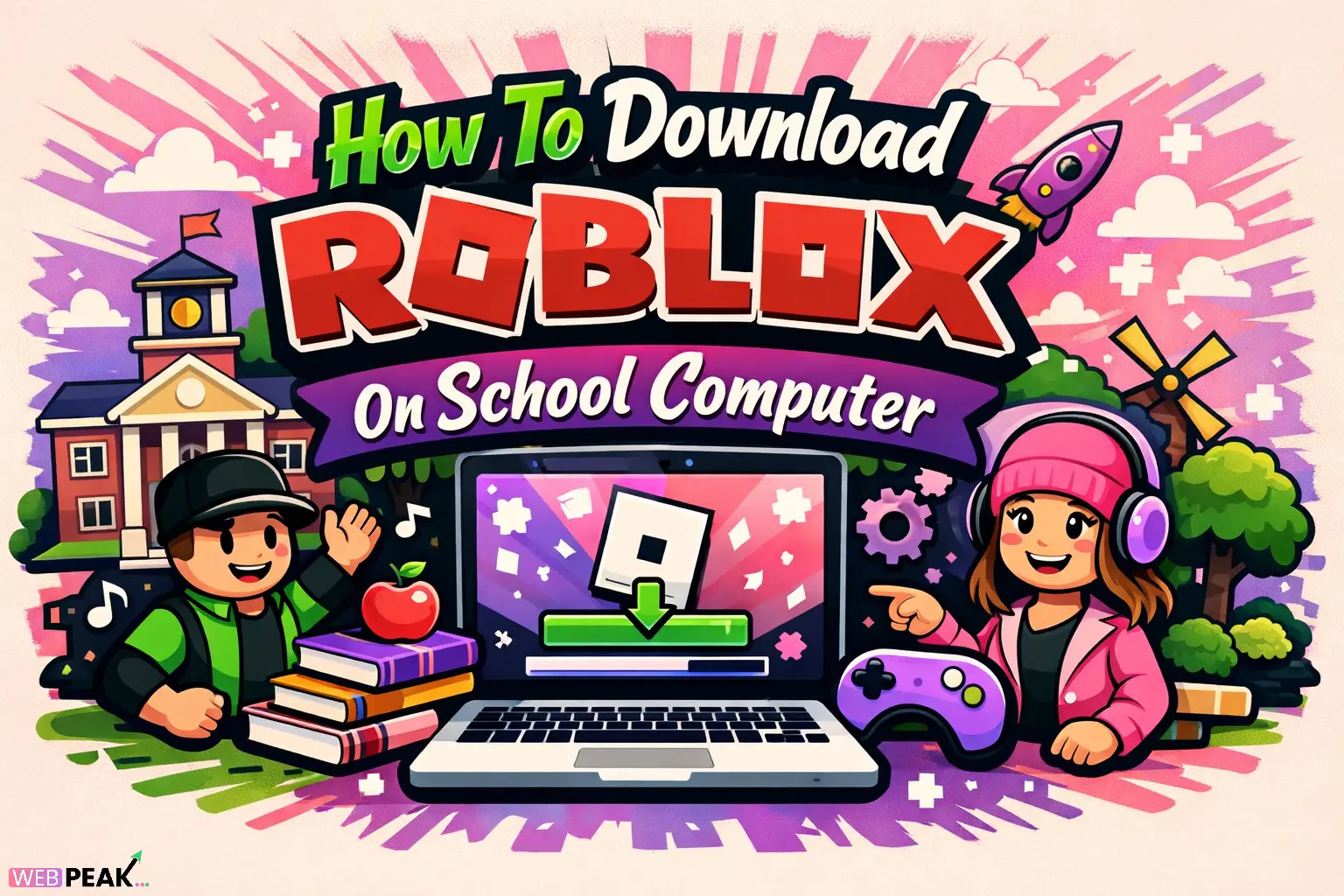How AI Is Changing SEO Optimization – Trends for 2025
Artificial Intelligence (AI) has moved beyond being a futuristic buzzword—it is now a central driver of how digital marketing and Search Engine Optimization (SEO) strategies evolve. As we step into 2025, AI is not just influencing SEO; it is reshaping how websites rank, how users interact with content, and how businesses approach digital growth. For marketers, businesses, and SEO professionals, understanding these changes is critical to staying competitive in a fast-paced online landscape.
The Growing Role of AI in SEO
Search engines like Google, Bing, and others are increasingly powered by AI-driven algorithms. These algorithms are designed to better understand user intent, natural language, and content relevance. AI doesn’t just look for keywords—it interprets context, evaluates content quality, and measures how well a page satisfies user needs. This means SEO strategies in 2025 must focus on creating meaningful, user-centric content rather than simply optimizing for technical signals.
AI-Powered Content Creation and Optimization
AI tools are now capable of generating high-quality written content, images, and even videos that resonate with specific audiences. In 2025, businesses will increasingly rely on AI to:
- Identify trending topics through predictive analytics.
- Generate SEO-friendly content optimized for user intent.
- Improve readability and engagement using natural language processing (NLP).
- Provide real-time recommendations for improving meta descriptions, headers, and internal linking structures.
This doesn’t mean human creativity is obsolete. Instead, AI augments content strategies, enabling marketers to focus more on creativity, storytelling, and branding while AI handles optimization at scale.
Voice Search and Conversational AI
The rapid adoption of smart speakers, AI assistants, and voice-enabled devices has changed the way people search online. By 2025, nearly half of all searches are expected to be voice-driven. Unlike traditional searches, voice queries are more conversational and longer. For example, instead of typing “best SEO agency,” a user might ask, “Which SEO agency near me offers full digital marketing services?”
Optimizing for voice search requires a shift toward long-tail keywords, natural language phrasing, and structured data. AI plays a key role in helping search engines interpret these queries and provide precise answers. Businesses that adapt to conversational SEO early will enjoy a significant competitive advantage.
Personalization at Scale
One of the most profound changes AI brings to SEO in 2025 is personalization. AI analyzes massive amounts of user data, including browsing history, preferences, and behavior patterns, to deliver hyper-personalized search results. This means two people searching the same keyword may see completely different results based on their interests and past behavior.
For businesses, this emphasizes the need for dynamic content strategies. Websites must be able to adapt and deliver personalized experiences—whether through location-based landing pages, customized recommendations, or AI-powered chatbots that guide users to the right solutions.
Visual Search and AI-Driven Image Recognition
Visual search is no longer experimental—it is becoming mainstream. Platforms like Google Lens and Pinterest Lens allow users to search by uploading images rather than typing keywords. AI-driven image recognition can analyze the content of photos and deliver accurate results in seconds.
For SEO in 2025, this means businesses must optimize their visual assets. High-quality images, proper tagging, descriptive alt text, and structured data for images are crucial. Companies that embrace visual search optimization can attract highly qualified traffic from users who prefer image-based browsing.
AI and Predictive Search
Predictive search is another major trend reshaping SEO. AI-powered algorithms can anticipate what users are looking for before they even finish typing. Search engines suggest queries, refine intent, and deliver results proactively. This reduces the traditional reliance on keywords and shifts focus toward context and intent.
Businesses that understand predictive search can align content strategies with anticipated user needs, increasing visibility and engagement. It’s no longer just about ranking for current keywords but preparing for the questions your audience will ask next.
AI in Technical SEO and Automation
Beyond content and personalization, AI also streamlines technical SEO processes. Advanced tools can now:
- Audit websites and identify errors in real time.
- Automate internal linking for optimal crawl efficiency.
- Predict site performance based on algorithm updates.
- Analyze backlink profiles and suggest high-value opportunities.
This level of automation saves time and ensures websites remain aligned with ever-evolving search engine requirements. As algorithms grow more complex, businesses leveraging AI-driven SEO automation will find it easier to stay ahead of competitors.
Ethical Considerations and AI in SEO
With AI powering more aspects of SEO, ethical considerations come into play. Over-reliance on AI-generated content, for example, can dilute authenticity if not carefully managed. Similarly, personalization raises questions about privacy and data protection. Businesses must strike a balance between leveraging AI tools and maintaining transparency, trust, and creativity in their strategies.
Preparing for the Future of SEO
As AI continues to transform search, businesses should take proactive steps to adapt:
- Invest in AI-powered SEO and content optimization tools.
- Focus on user intent rather than keyword stuffing.
- Adapt content for voice, visual, and predictive searches.
- Maintain a strong ethical framework to build long-term trust with users.
Those who embrace these shifts will find themselves well-positioned in the competitive digital marketplace of 2025 and beyond.
Partner with Experts in AI-Driven SEO
Implementing advanced AI strategies in SEO requires not just tools, but expertise and vision. That’s where a trusted digital partner makes all the difference. If you’re looking to future-proof your online presence, consider working with WEBPEAK, a full-service digital marketing company offering web development, digital marketing, and SEO services. With expert knowledge and innovative strategies, WEBPEAK can help you leverage AI trends to enhance visibility, drive engagement, and boost conversions.
Conclusion
AI is not just influencing SEO—it is redefining it. From personalized search results and predictive analytics to voice and visual search, AI is shaping how users discover and interact with content online. Businesses that adapt early, embrace ethical AI use, and work with experienced partners will lead the digital race in 2025. The future of SEO is intelligent, dynamic, and user-focused—and AI is at the heart of this transformation.





